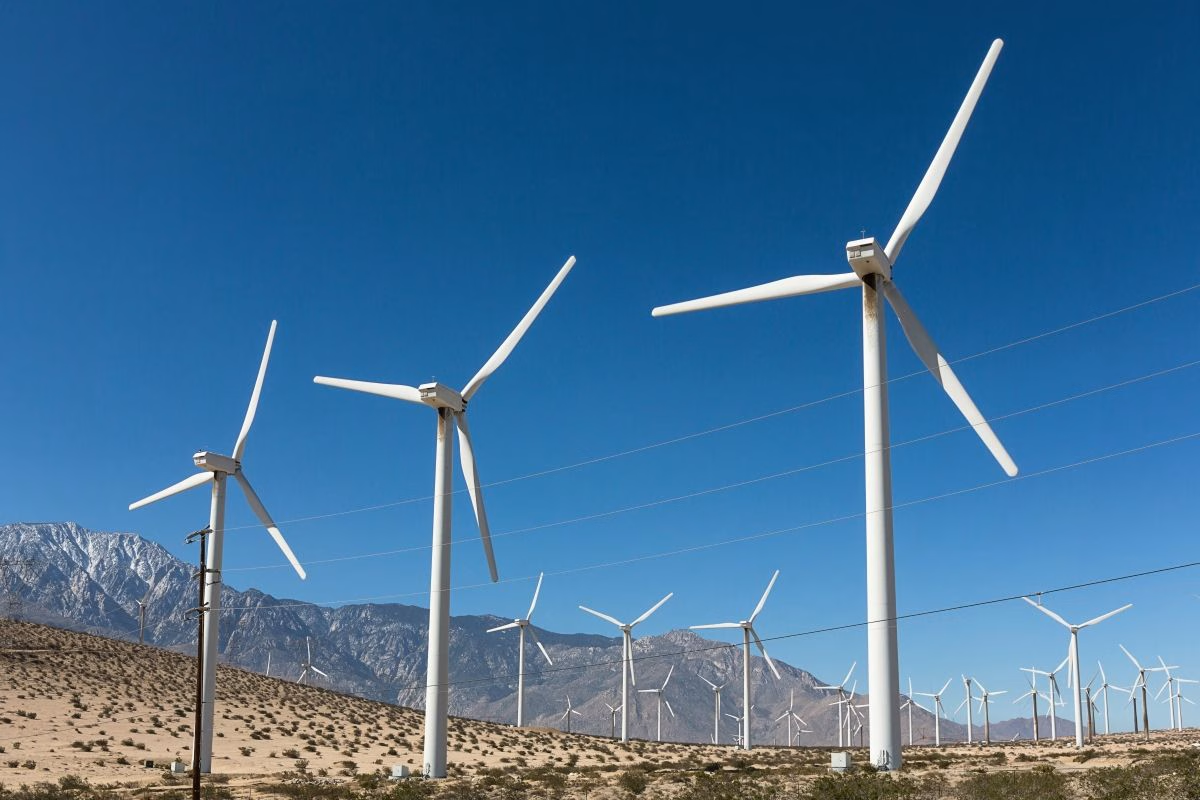
Pakistan Seeks French Support for Green Fund Access to Drive EV Transition
January 20, 2025
Sindh announces free solar panels for 500,000 families
February 18, 2025Pakistan is at a critical juncture in its efforts to combat climate change, with a unique opportunity to transform its renewable energy sector into a significant revenue stream. Dr. Nadeem Javaid, Vice Chancellor of the Pakistan Institute of Development Economics (PIDE), has emphasized the urgent need for integrating renewable energy with carbon credit markets, framing climate finance as both an environmental necessity and an economic opportunity.
“Climate change is no longer a distant concern—it is a pressing reality,” Dr. Javaid stated. “The recent climate-induced disasters in Pakistan underscore the direct connection between environmental security and economic stability. We must implement bold policies and strategic investments to unlock our vast renewable energy potential.”
Aligning with this vision, PIDE has released an insightful knowledge brief titled “Unlocking Climate Finance: Potential Carbon Credits from Renewable Energy.” Authored by Muhammad Faisal Ali, Research Fellow at PIDE, and Usama Abdul Rauf, Research Associate at RASTA, the brief outlines how Pakistan can leverage global carbon credit markets to generate revenue while addressing climate change.
At COP-29, developed nations pledged to increase climate finance to USD 300 billion annually. However, this still falls short by USD 1 trillion, highlighting the growing importance of carbon markets—mechanisms that allow corporations and countries to offset emissions by purchasing credits from nations investing in sustainable projects.
Despite having abundant solar and wind resources, Pakistan has yet to fully capitalize on this opportunity. While policies for carbon trading exist, only 4.58% of Pakistan’s electricity currently comes from renewables—a fraction of its vast potential. According to the knowledge brief, Pakistan’s solar energy capacity exceeds 100,000 MW annually, especially in the Sunny Belt regions.
Expanding renewable energy and net metering could not only reduce dependence on imported energy but also unlock millions of dollars in carbon credit revenues. At present, consumers in Pakistan contribute approximately 481,863 MWh of solar electricity to the national grid.
Given an emission reduction rate of 1 ton of CO2 per MWh, this equates to 475,840 tons of CO2 avoided annually—potentially generating USD 6.1 million in revenue at a conservative carbon price of USD 12.90 per ton. Future projections indicate that expanding off-grid renewable energy could increase earnings to between USD 21.5 million and USD 43 million, depending on market conditions.
With greater investment, these figures could rise significantly. The knowledge brief calls on policymakers, investors, and energy stakeholders to accelerate renewable energy adoption, strengthen carbon credit verification systems to align with international standards, and integrate with global carbon trading frameworks to position Pakistan as a key player in the international carbon market.
With the right policies, Pakistan can reshape its energy sector, attract climate finance, and build long-term economic resilience. As Dr. Javaid reaffirmed, “PIDE remains committed to delivering data-driven policy solutions that align with sustainable development goals and safeguard Pakistan’s energy future.”




